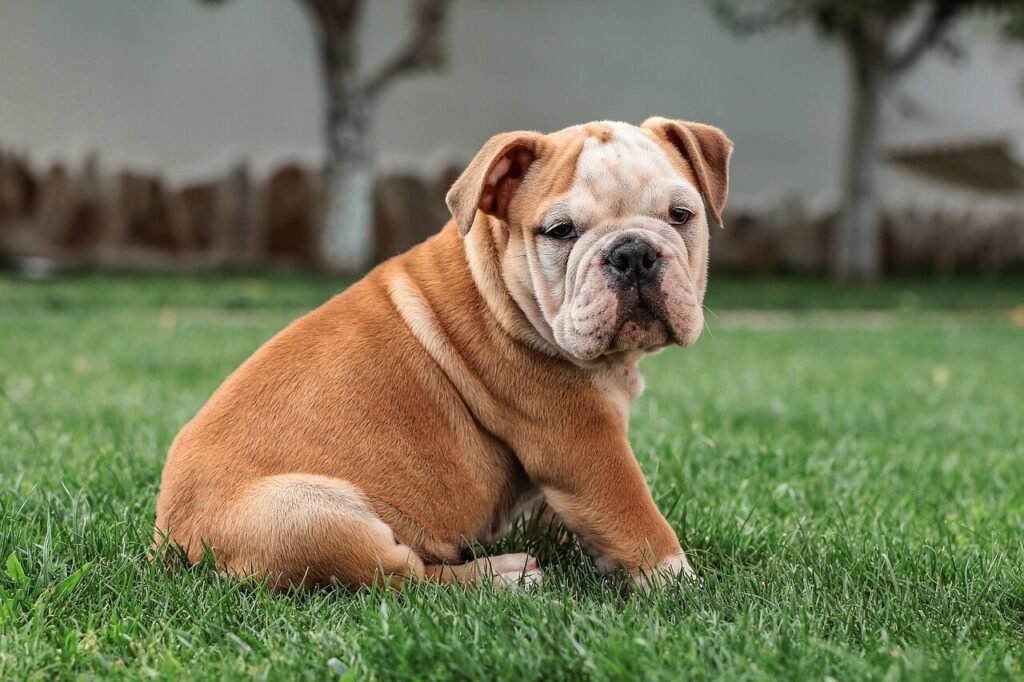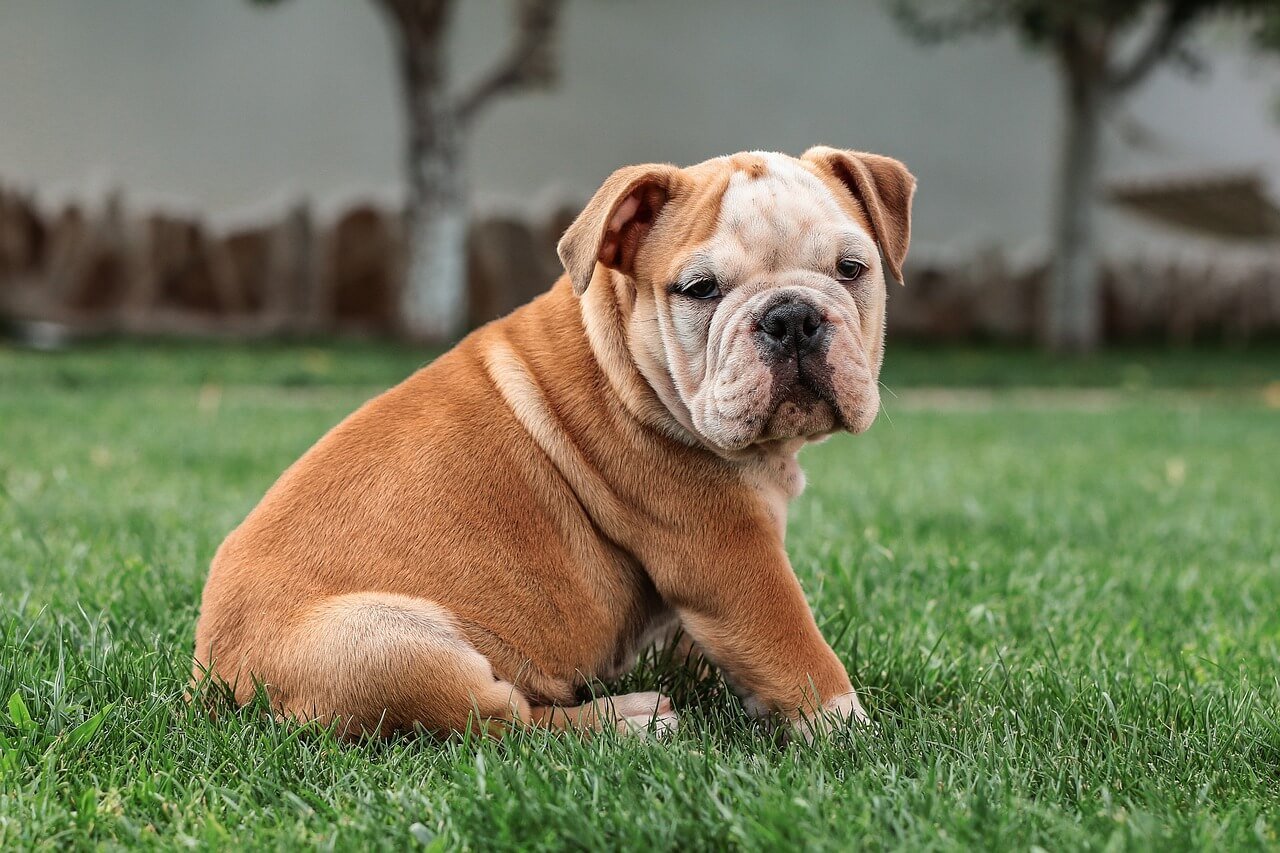What to Do If Your Dog Ate Matches: A Guide for Concerned Pet Owners
Dogs are naturally curious creatures, and their tendency to explore the world with their mouths can sometimes lead to trouble. If your dog has eaten matches, you may be wondering whether this is a harmless mistake or a serious cause for concern. Matches contain chemicals like sulfur and phosphorus, which can pose health risks if ingested in significant amounts. In this blog post, we’ll explore what happens when a dog eats matches, how to assess the situation, and the steps you should take to ensure your pet’s safety. By the end, you’ll have a clear understanding of how to respond and prevent similar incidents in the future.
Why Do Dogs Eat Matches?
Understanding why your dog might eat matches can help you address the root cause and prevent future incidents. Dogs often engage in this behavior due to curiosity, boredom, or underlying issues. Here are some common reasons:
Curiosity: Dogs explore their environment with their mouths, and matches may seem like an interesting object to chew on.
Boredom or Lack of Stimulation: Without enough mental or physical activity, dogs may turn to chewing random objects for entertainment.
Pica Behavior: Some dogs develop pica, a condition where they crave and consume non-food items due to nutritional deficiencies.
Accidental Access: Matches left within reach, such as on tables or counters, can easily become a target for curious pups.
Teething or Dental Discomfort: Puppies or dogs with dental issues may chew on small objects like matches to relieve pain.
Identifying the reason behind the behavior can help you take preventive measures and ensure your dog stays safe. Addressing boredom, curiosity, or health concerns is key to avoiding similar incidents.
Potential Risks of Eating Matches
While a single match may not always be harmful, eating matches can still pose health risks depending on the quantity ingested and the type of matches consumed. Here’s what you need to know:
Chemical Toxicity: Matches contain chemicals like sulfur, phosphorus, and potassium chlorate, which can irritate the digestive tract or cause poisoning in large amounts.
Choking Hazard: Small match heads or sticks may get lodged in the throat, especially in smaller dogs.
Gastrointestinal Irritation: The sharp edges of matches or chemical residues can irritate the stomach lining, leading to vomiting or diarrhea.
Liver or Kidney Damage: Ingesting large quantities of matches over time could potentially harm vital organs due to toxic substances.
Burns or Oral Injuries: Lighting matches before ingestion could cause burns to the mouth, tongue, or throat.
If your dog shows signs of distress, such as drooling, vomiting, lethargy, or difficulty breathing, seek veterinary care immediately. Monitoring their condition closely is crucial to ensuring their well-being.
Check this guide 👉What to Do If Your Dog Ate Deodorant: Best 7 Expert Tips!
Check this guide 👉What to Do If Your Dog Ate Dental Floss: Best 7 Tips!
Check this guide 👉What to Do If Your Dog Ate Lip Balm: Best 7 Tips!

Signs to Watch For | What They Might Indicate |
|---|---|
Vomiting or Diarrhea | Gastrointestinal irritation or toxicity |
Excessive Drooling | Oral irritation or injury |
Lethargy or Weakness | Potential poisoning or internal damage |
Difficulty Breathing | Choking hazard or respiratory irritation |
Loss of Appetite | Discomfort or illness |
Steps to Take if Your Dog Ate Matches
If your dog has eaten matches, staying calm and taking appropriate action is essential. Here’s what you should do:
Assess the Situation: Determine how many matches were consumed and whether they were lit or unlit at the time of ingestion.
Monitor Your Dog: Keep a close eye on their behavior, appetite, and bowel movements for the next 24-48 hours.
Do Not Induce Vomiting: Unless instructed by a veterinarian, avoid making your dog vomit, as this could cause further irritation or complications.
Contact Your Veterinarian: Call your vet immediately for advice, especially if your dog ate multiple matches or is showing symptoms of distress.
Provide Fresh Water: Encourage hydration to help flush out any toxins, but don’t force your dog to drink if they’re unwilling.
Taking these steps promptly ensures your dog receives the care they need while minimizing potential risks. Always err on the side of caution when it comes to your pet’s health.
How to Prevent Your Dog from Eating Matches
Preventing your dog from eating matches in the first place is the best way to avoid potential problems. Here are some practical tips to keep your pup safe:
Store Matches Safely: Keep matches in closed containers or drawers that are inaccessible to your dog.
Supervise Curious Pups: Always keep an eye on your dog when they’re exploring new environments or playing unsupervised.
Provide Chew Toys: Offer durable, engaging chew toys to redirect their chewing instincts away from inappropriate items.
Train Basic Commands: Teach commands like “leave it” or “drop it” to stop them from picking up forbidden objects.
Dog-Proof Your Home: Remove small, hazardous items from low shelves, countertops, and floors where your dog can reach them.
By implementing these strategies, you can minimize the chances of your dog snacking on matches or other dangerous items. Prevention is always better than dealing with the aftermath.
Signs Your Dog May Have Ingested Something Toxic
If your dog has eaten matches, it’s important to watch for signs that they may have ingested something harmful. These symptoms can indicate irritation, poisoning, or other complications. Here’s what to look out for:
Vomiting: Frequent vomiting may suggest gastrointestinal irritation or toxicity from the chemicals in matches.
Diarrhea: Loose stools could indicate digestive upset caused by the ingestion of non-food items.
Excessive Drooling: Increased salivation might signal oral irritation or discomfort from chewing on matches.
Lethargy: A sudden lack of energy or enthusiasm may point to systemic issues or poisoning.
Difficulty Breathing: Labored breathing could result from choking or chemical irritation in the respiratory tract.
By recognizing these symptoms early, you can take prompt action to address any potential problems and ensure your dog receives the care they need.
Safe Alternatives to Matches Around Dogs
To prevent your dog from eating matches, it’s helpful to replace hazardous items with safer alternatives and create a dog-friendly environment. Here are some practical suggestions:
Use Lighters Instead of Matches: Opt for childproof lighters and store them out of reach to reduce the risk of accidental ingestion.
Switch to Electric Ignition: Devices like electric stoves or fire starters eliminate the need for matches altogether.
Provide Chewable Distractions: Offer durable chew toys or interactive puzzles to keep your dog occupied and away from dangerous objects.
Dog-Proof Storage Solutions: Use lockable cabinets or high shelves to store matches and other small hazards securely.
Supervise Playtime: Keep an eye on your dog during activities that involve open flames or flammable materials, such as camping or barbecues.
By making these changes, you can minimize risks and create a safer environment for your furry friend. Prevention is always better than dealing with emergencies.
Tips for Training Your Dog to Avoid Dangerous Items
Training your dog to avoid dangerous items like matches is an essential step in preventing accidents. Consistent training and positive reinforcement can help redirect their behavior effectively. Here are some tips to get started:
Teach “Leave It”: Practice the “leave it” command regularly to stop your dog from picking up forbidden objects.
Reward Good Behavior: Use treats or praise to reinforce moments when your dog ignores or avoids hazardous items.
Use Positive Reinforcement: Reward your dog for choosing safe toys over inappropriate objects to encourage better decision-making.
Practice Recall Training: Strengthen your dog’s response to the “come” command so you can call them away from dangerous situations.
Simulate Scenarios: Create controlled situations where your dog encounters harmless but tempting objects to practice avoidance skills.
With consistent training, your dog will learn to make safer choices and stay away from harmful items like matches. Patience and persistence are key to success.
Frequently Asked Questions About Dogs Eating Matches
Is it dangerous if my dog ate one match?
In most cases, eating a single match is unlikely to cause harm, but monitor your dog for symptoms and consult your vet if concerned.
What should I do if my dog ate multiple matches?
Contact your veterinarian immediately for professional advice, as larger quantities pose greater risks.
Can eating matches cause poisoning?
Yes, the chemicals in matches can be toxic if ingested in significant amounts, especially to smaller dogs.
How can I stop my dog from eating matches?
Use training, supervision, and enrichment activities to redirect their behavior and remove access to matches.
When should I take my dog to the vet?
Seek veterinary care if your dog shows signs of choking, vomiting, lethargy, or difficulty breathing after eating matches.
In Conclusion: Keeping Your Dog Safe from Harmful Objects
Finding out that your dog ate matches can be alarming, but with prompt action and proper precautions, you can ensure their safety and well-being. Understanding the potential risks, monitoring your dog’s condition, and taking preventive measures are key to avoiding similar incidents in the future. Remember, dogs will always be curious creatures, and part of being a responsible pet owner is creating a safe environment for them to thrive. If you ever feel unsure about your dog’s health after such an incident, don’t hesitate to reach out to your veterinarian for guidance. With patience and care, you can keep your furry friend happy, healthy, and out of trouble.
Do Cats Have Taste Buds? Best 7 Expert Tips! – Discover how cats experience flavors and why their taste is so unique.
Do Dogs Have Taste Buds? Best 7 Expert Tips! – Discover how dogs experience taste, their preferences, and what it means for their diet and health.
Can Cats Taste Sweet? Best 7 Expert Tips! – Discover why cats can’t taste sweetness, how it affects their diet, and tips to keep them healthy and happy.
Can Dogs Taste Sweet? Best 7 Expert Tips! – Discover how dogs perceive sweetness, which foods are safe, and tips to manage their sweet cravings responsibly.





